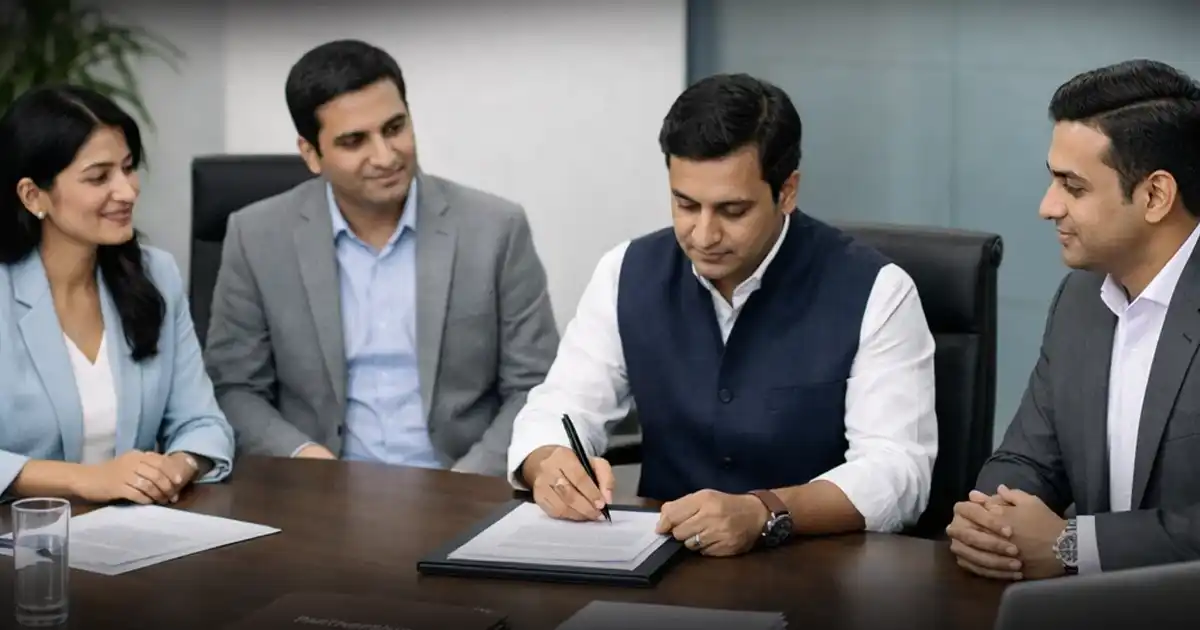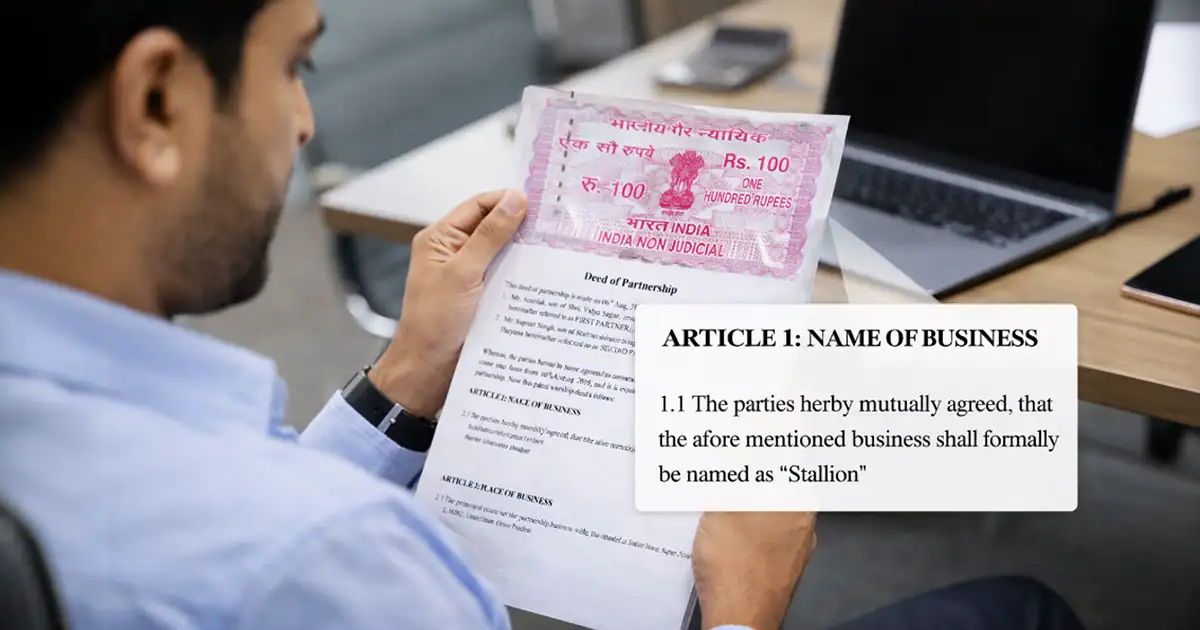BIS FMCS certification is a quality and safety approval for products manufactured outside India that are intended for the Indian market. It's administered by the Bureau of Indian Standards (BIS), India's national standards body.
The BIS is the sole national standards body of India. Established under the BIS Act 2016, its primary objective is to develop and promote standardization, quality control, and marking of goods.
BIS plays a crucial role in safeguarding public health, safety, and the environment, and preventing unfair trade practices. When a product has BIS FMCS certification, it signifies that it meets the rigorous Indian Standards set by this authority.
What is FMCS?
FMCS stands for "Foreign Manufacturers Certification Scheme." This specific scheme, launched by BIS in 2000, allows manufacturers whose factories are located outside India to obtain a license to use the coveted ISI Mark on their products for sale in India.
Essentially, if you are a foreign company that wants to export certain regulated products to India, you will need to go through the FMCS BIS process. It's designed to ensure that imported goods meet the same high standards as domestically produced ones.
Difference Between ISI Mark and FMCS for Indian Consumers
ISI Mark is the symbol seen on products, while FMCS is the certification process that allows foreign manufacturers to use the ISI Mark in India, among others, as follows:
| Feature | ISI Mark (General Usage by Consumers) | FMCS (Foreign Manufacturers Certification Scheme) |
| What it is | A certification mark indicating a product conforms to Indian Standards for quality and safety. | A scheme under which foreign manufacturers obtain a license to use the ISI Mark on their products in India. |
| Who Manufactures | Primarily associated with products manufactured by Indian (domestic) companies. | Specifically for products manufactured by foreign (overseas) companies that are imported into India. |
| Visible Mark | The familiar ISI Mark (often with a unique CM/L number) is found on the product. | The same ISI Mark (with a unique CM/L number) is found on the product. The mark itself is identical. |
| Underlying Scheme | Products from Indian manufacturers typically get this mark under the BIS Scheme-I (Product Certification). | Foreign manufacturers get the right to use this mark specifically under the BIS FMCS scheme. |
| Process Involved | Involves factory inspection, product testing, and surveillance for Indian factories. | Involves a mandatory factory audit by BIS officials at the overseas plant, plus product testing in India. |
| Purpose for Consumer | Ensures that a product made in India meets national quality and safety standards. | Ensures that a product imported into India meets the same national quality and safety standards as if it were made domestically. |
| Trust Factor | A long-standing symbol of trust for Indian consumers of locally made goods. | Extends the same level of trust and assurance to imported goods, ensuring they are not substandard. |
| Where to Verify | Can be verified on the BIS website by checking the CM/L number in the "Licensee Directory". | Can be verified on the BIS website, specifically in the "FMCS Licensee Directory" or general "Licensee Directory" by CM/L number, often listed under BIS FMCS licensees. |










